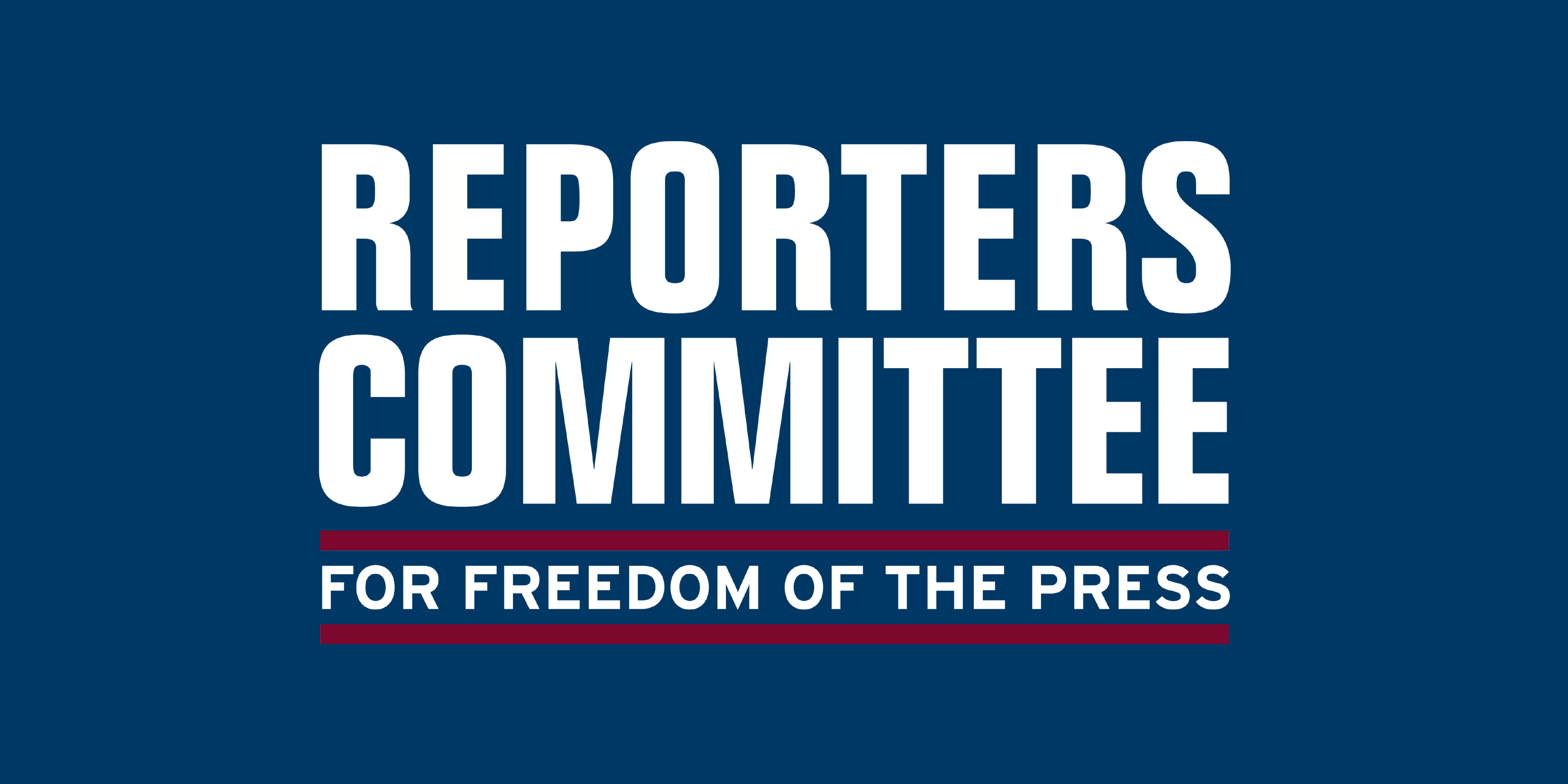RCFP challenges request for prior restraint in Georgia criminal case against Donald Trump

Update: After a media coalition and the Reporters Committee objected, the state of Georgia walked back its proposal to restrict the news media’s ability to publish information about jurors and prospective jurors in the criminal proceedings. A revised proposal granted by the Fulton County Superior Court on Sept. 25, 2023, includes two provisions: one that prohibits any person from recording jurors or prospective jurors in the courtroom, and another that prohibits only parties involved in the case from sharing information that would reveal the identities of jurors and prospective jurors in the proceedings.
The Reporters Committee for Freedom of the Press is strongly objecting to the state of Georgia’s proposal that the court hearing the criminal case against former President Donald Trump and other defendants issue a prior restraint barring the press and public from publishing information about jurors and prospective jurors in the high-profile proceedings.
In a friend-of-the-court brief filed last Friday with the Fulton County Superior Court, Reporters Committee attorneys argue that placing restraints on the press’s coverage during one of the most closely watched trials in American history would be unconstitutional and undermine the public’s confidence in the administration of justice.
“An order that restrains the publication of lawfully acquired information strikes at the heart of the Constitution’s protections for a free press,” states the Reporters Committee’s brief, which was accepted by the court on Tuesday.
The brief argues that the First Amendment affirmatively guarantees the press and public a presumptive right of access to the identities of jurors in criminal trials, which helps ensure the public that proceedings are conducted fairly. The brief also challenges the state’s argument that a prior restraint on the press would meaningfully reduce juror harassment or disruption to the proceedings.
“Members of the press are not insensitive to concerns that may arise with respect to juror safety and, in their editorial discretion, very well may take steps to shield the identities of jurors and prospective jurors in this matter,” the Reporters Committee’s brief concludes. “However, this Court cannot — consistent with the First Amendment — enter an order prohibiting members of the press from publishing such lawfully obtained information.”